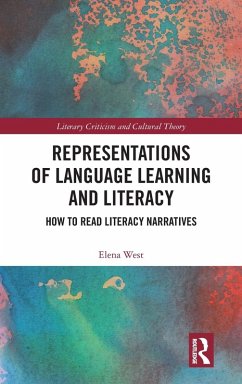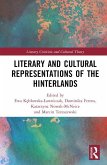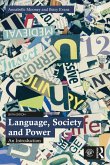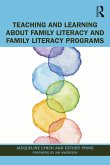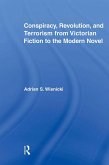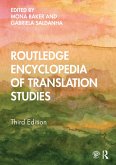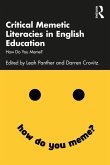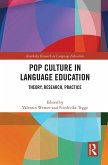Representations of language learning and literacy, also known as "literacy narratives" are a staple of literature. They tell stories of conflict that illuminate the sociocultural dynamics whereby we learn to speak, read, and write. Yet, they tend to be read as stories about the "powers" of language and literacy - the power to make someone "human", to form identity, and improve one's social status. This book introduces the "literacy narrative approach", a methodology for the study of literacy narratives that accounts for the conflict that pervades them. It achieves this by focussing on how the texts represent the interactions between writing and other semiotic modes (multimodality).
Sitting at the interface between theory and practice, it provides three practical applications of the literacy narrative approach and, in the process, develops a theoretical perspective for thinking about language learning, literacy, and communication as they are practised in the real world.
Sitting at the interface between theory and practice, it provides three practical applications of the literacy narrative approach and, in the process, develops a theoretical perspective for thinking about language learning, literacy, and communication as they are practised in the real world.
"Representations of Language Learning and Literacy reminds us that literacy narratives powerfully reveal the systemic institutional forces shaping our experiences learning to speak, read, and write. West offers historical and comparative views of literacy narratives, beginning with the case study of eighteenth-century "feral child" Victor of Aveyron and examining culturally diverse examples from Richard Rodriguez's Hunger of Memory and Vincenzo Rabito's Mad Land. In a moment marked by increasing book bans and calls to restrict "woke" curricula, West's book is a must-read for teachers and scholars committed to developing responsive and mindful approaches to literacy instruction."
-Dr. Ben McCorkle and Dr. Michael Harker, Co-Directors, The Digital Archive of Literacy Narratives
Representations of Language Learning and Literacy offers an innovative interdisciplinary framework for reading literacy narratives. The 'literacy narrative approach' foregrounds the role of literacy in sociohistorical conflict and the ideological structures underpinning it. It successfully argues that literacy is not a neutral or purely empowering force, as is often assumed, but a site of ideological tension, conflict, and power negotiation. This reframing is illustrated through three very different case studies: Richard Rodriguez's culturally situated hybrid autobiography Hunger of Memory, Diego Marani's allegorically read novel Nuova grammatica finlandese, and Vincenzo Rabito's class-marked autobiography Terra Matta. By spanning decades, geographies, and genres, these well-chosen case studies demonstrate the flexibility and depth of the approach. The literacy narrative approach is also potentially transferable to other forms of transformative learning. Its focus on conflict, ideology, and multimodality makes it an effective analytical lens for understanding how various kinds of knowledge-scientific, political, creative, or emotional-are acquired, legitimised, or resisted.
--Dr Simon Lee-Price, Visiting Lecturer in Multicultural Writing, Birmingham City University, UK
-Dr. Ben McCorkle and Dr. Michael Harker, Co-Directors, The Digital Archive of Literacy Narratives
Representations of Language Learning and Literacy offers an innovative interdisciplinary framework for reading literacy narratives. The 'literacy narrative approach' foregrounds the role of literacy in sociohistorical conflict and the ideological structures underpinning it. It successfully argues that literacy is not a neutral or purely empowering force, as is often assumed, but a site of ideological tension, conflict, and power negotiation. This reframing is illustrated through three very different case studies: Richard Rodriguez's culturally situated hybrid autobiography Hunger of Memory, Diego Marani's allegorically read novel Nuova grammatica finlandese, and Vincenzo Rabito's class-marked autobiography Terra Matta. By spanning decades, geographies, and genres, these well-chosen case studies demonstrate the flexibility and depth of the approach. The literacy narrative approach is also potentially transferable to other forms of transformative learning. Its focus on conflict, ideology, and multimodality makes it an effective analytical lens for understanding how various kinds of knowledge-scientific, political, creative, or emotional-are acquired, legitimised, or resisted.
--Dr Simon Lee-Price, Visiting Lecturer in Multicultural Writing, Birmingham City University, UK

